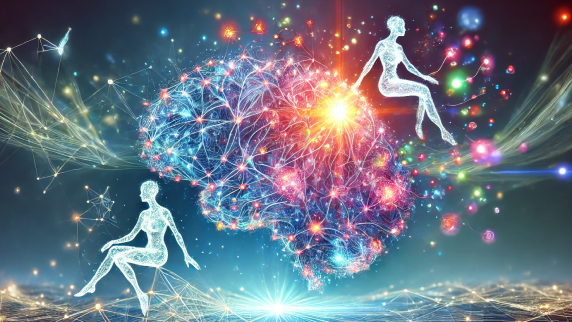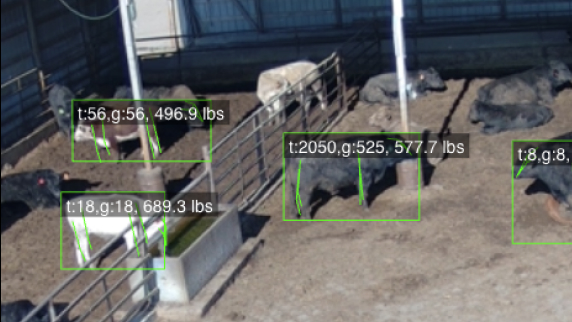Resources
Why AI
Generative AI: this is fun. We’ve all seen the hallucinations and read the content. It’s helpful to a limited extent, if the goal is to create quickly and impersonally. There are some business implications, but not really what we’re interested in.
Large Language Models: it’s kind of misleading to call this AI because there’s no self-correction to improve accuracy. The LLMs currently take publicly available text to understand what a user is requesting in natural language, and then return content in a conversational manner. It’s an improved search engine, not strictly AI. Chatbots belong here as well.


Data Analysis: Supermarkets have been doing it for years, identifying products that are commonly bought together and stocking them in close proximity in their store to increase sales. Mixers next to liquor. Salsa next to chips. Baby food next to contraceptives. AI is very effective here, where all the sales data is analyzed and re-analyzed to maximize the accuracy of insights. There’s an active debate about privacy, and rightly so because if all personal data is online, then programs can predict behavior, preferences, personalities, and actions.
Computer Vision: This is pretty neat. We can ask a computer program to recognize objects for different reasons, and it’s pretty good at it. Businesses are currently struggling to understand how to leverage CV to increase revenue or create new products. So far it’s been very useful for self-driving cars.
Behavior Detection: We’re in early stages. Once we’re good at recognizing objects, it’s more helpful to know what those objects are doing. The Main Branch has developed a proprietary method of analyzing behavior and has taken an SDK to market offering the models built on this detection. This is more useful than CV, with more business applications.


Decision trees
Rational Choice Theory has been around since the 18th century, and postulates that human decision making is a result of an instinctual, internal, and immediate cost/benefit analysis. Given a comprehensive understanding of specific costs and benefits, and a well-formulated objective function, a computer program could make decisions with better outcomes than a human. This hasn’t happened yet.
Consciousness
Now we’re getting existential. What is consciousness, where does it come from, how is it measured. If consciousness is the synthesis of information, we can generate it. If it’s self-awareness, we can simulate it. If it’s a feeling of being-ness, then how can we know where it does or doesn’t occur. We aren’t aware of a commercial application, but should start discussing the ethical implications. Does a computer program have rights?
Simulated realities
At some point we’ll inevitably fulfill our destiny and create the next set of realities. Turtles all the way down.